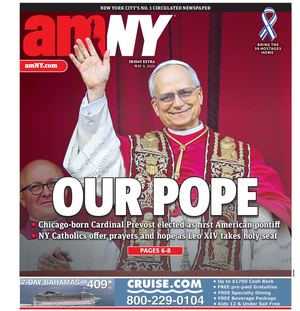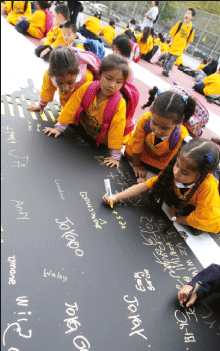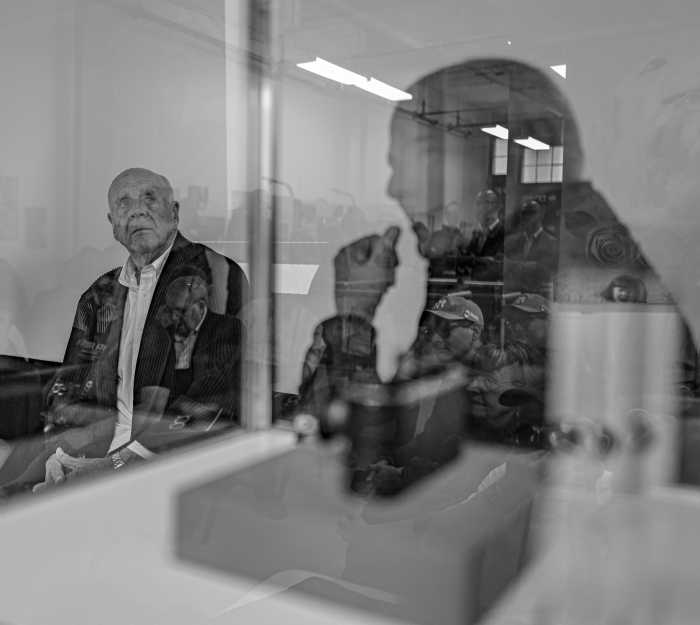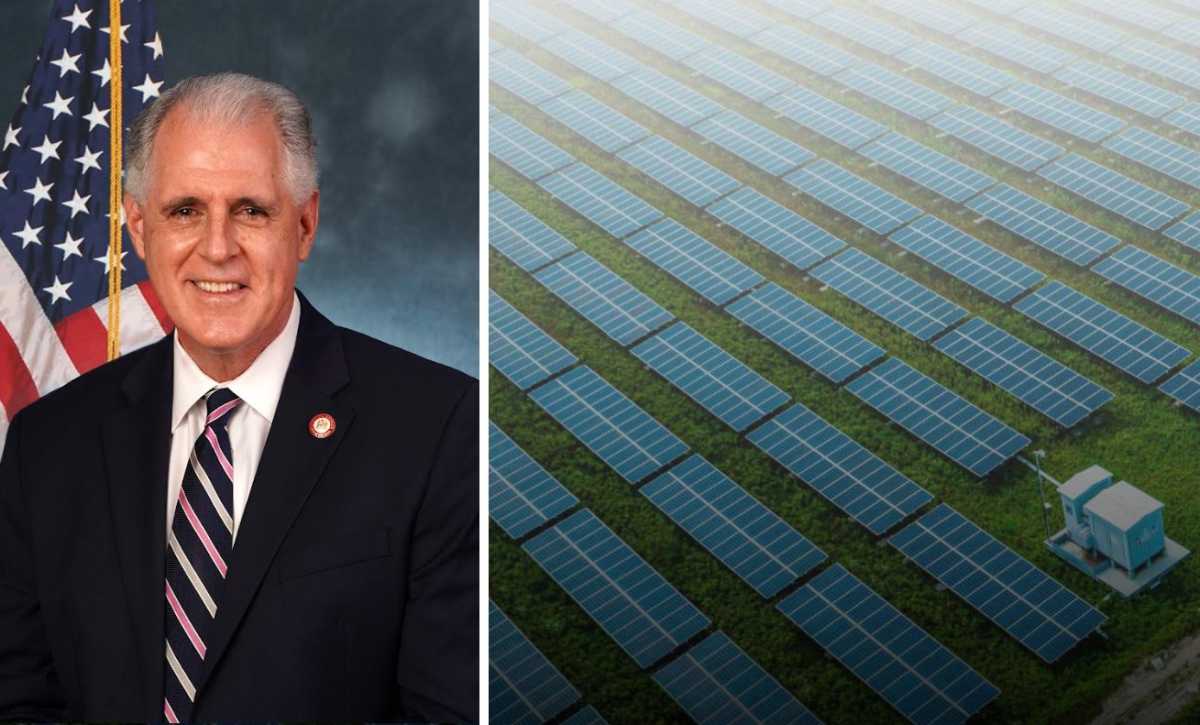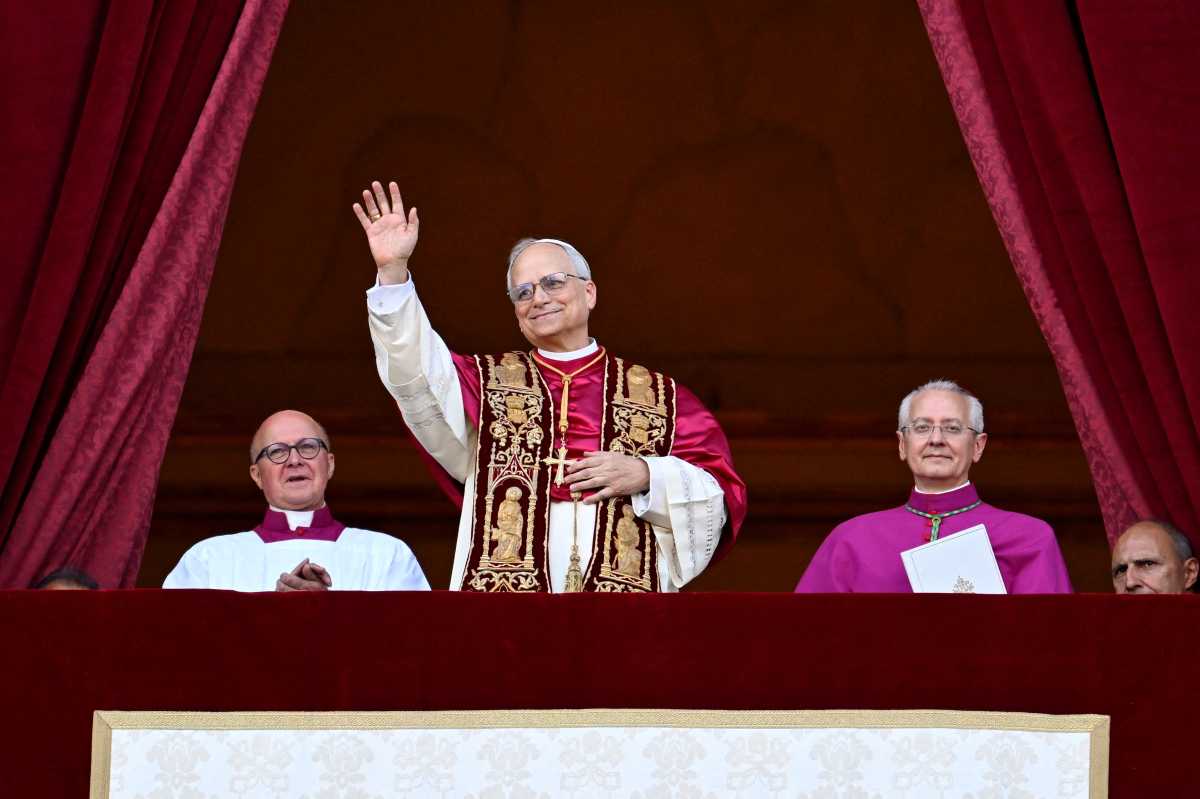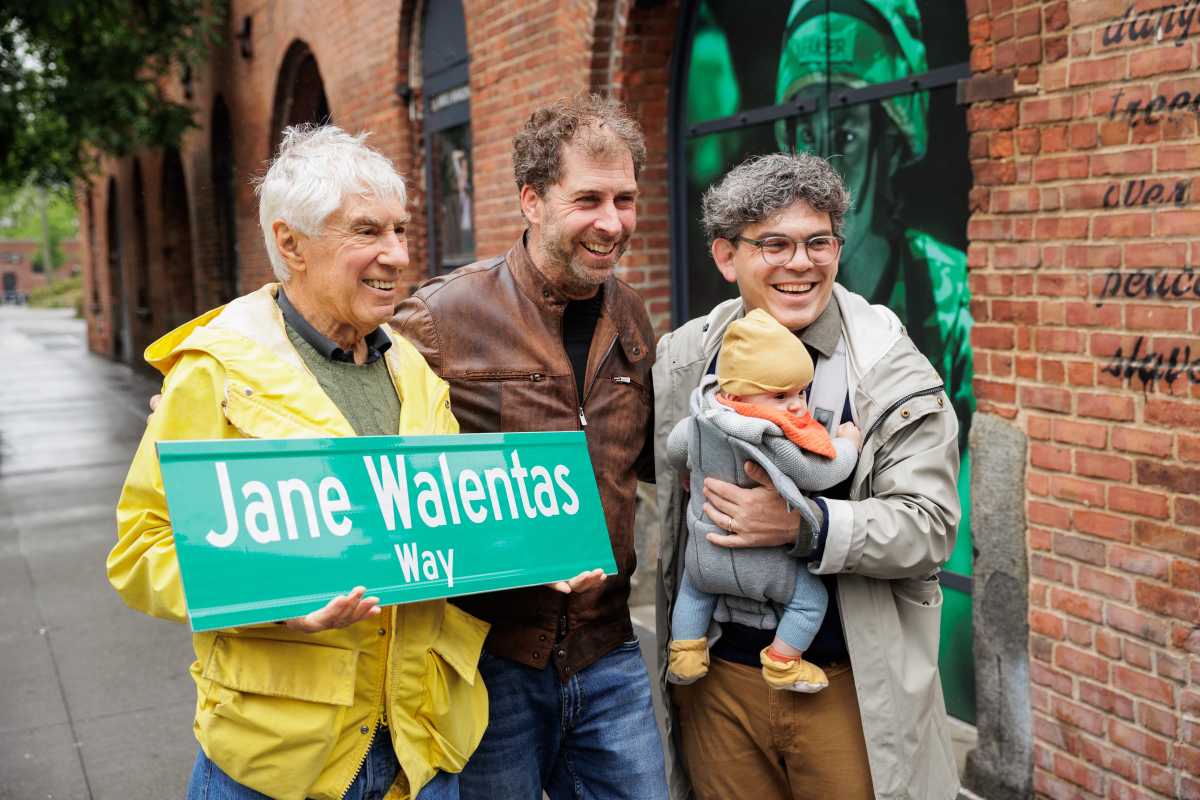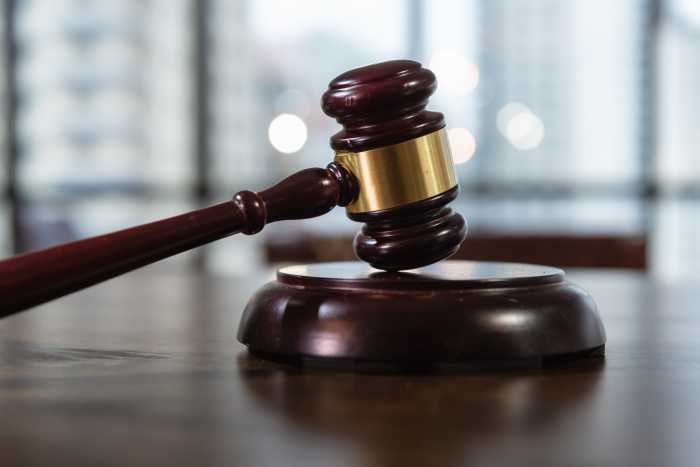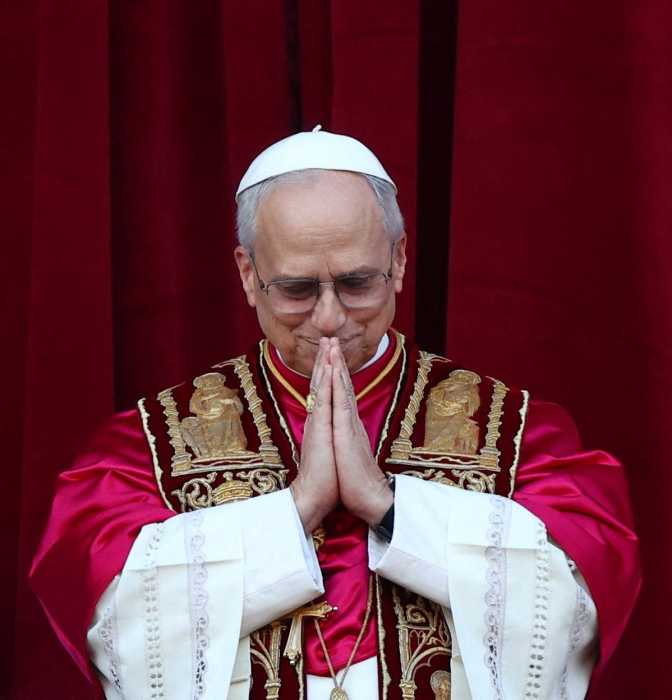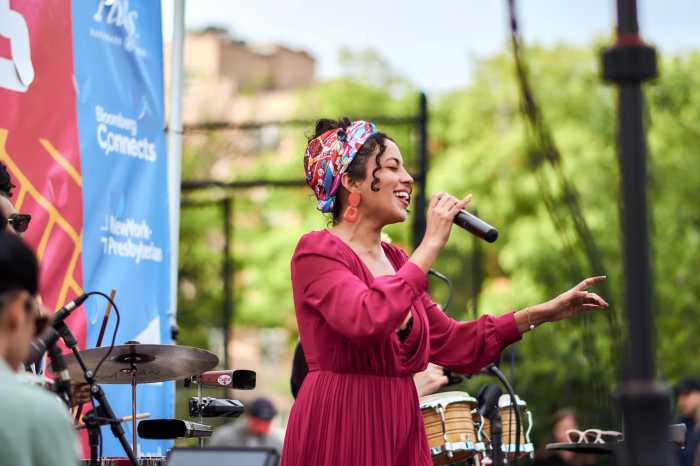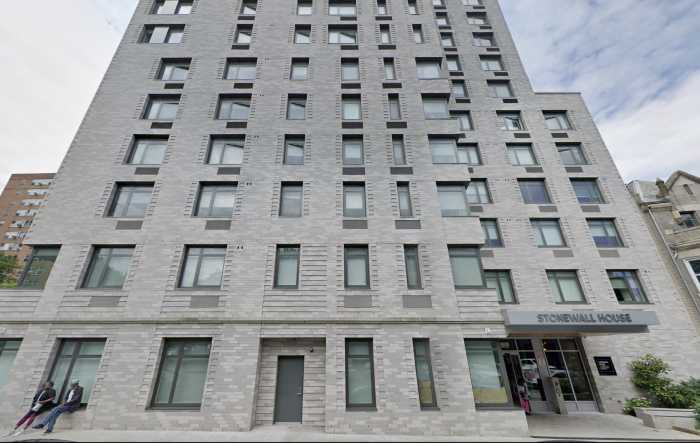By Joe Pompeo
Children throughout the Lower East Side celebrated Lights On Afterschool last Thursday, Oct. 18, showing their support for the programs that supervise and stimulate them each day in the hours before their parents can pick them up.
A rally of an estimated 350 elementary-aged students outside P.S. 134 on East Broadway served as the celebration’s hub in Lower Manhattan.
Donning bright yellow T-shirts with the slogan “After School For All,” the students — who attend free after school programs offered through the Henry Street and University settlement houses — signed a petition in the courtyard of P.S. 134 that asks Gov. Eliot Spitzer to increase state funding for such programs.
“It’s to put a focus on the importance of after school programs [and] to make sure funding continues flowing,” said Diane Rubin, chief program officer for the Henry Street Settlement, which provides after school services to some 1,000 youths, mostly in grades kindergarten through eighth, at six different sites on the Lower East Side.
Spearheaded by the Washington, D.C.-based non-profit organization the Afterschool Alliance, Lights On Afterschool is an annual nationwide event calling attention to the importance of after school programs, which are currently facing a funding crunch in New York.
Tens of thousands of parents in New York City rely on publicly supported after school programs to keep their kids busy and out of trouble in the several hours between when classes let out and when they get off work, according to The After School Corporation, or TASC, which monitors, evaluates and supports 126 after school programs in the five boroughs.
But this school year, $30 million in federal funding cuts forced 118 after school programs citywide to either shut down or scale back the number of children they were able to enroll, making the need for additional state funding more crucial.
How crucial? Just ask Marilyn Rosario, whose 7-year-old son Matthew participates in the Henry Street Settlement program, which was not impacted by the funding cuts this year.
As a single parent, Rosario said she is unable to pick Matthew up until around 5 p.m. when she is done with work. She said she could not afford to pay for private after school care.
“I am very concerned [about funding],” she said, speaking after the rally. “A lot of parents are trying to make ends meet. If they didn’t have programs like these, we couldn’t afford private programs.”
Carmen Colon, a mother of three, agreed. She said a lack of free after school programs in her former neighborhood of Windsor Terrance, Brooklyn, was one of the factors that influenced her recent move to the Lower East Side. Here, she said, she doesn’t have to pay $250 a week to ensure that her 7-year-old son, Christian Diaz, has something to do each day until she finishes her volunteer work at a nearby hospital.
She is hoping it stays that way, and, like his mother, Christian is happy that he has somewhere to go when the school day ends.
“I like it so much,” he said.
At other Henry Street sites on the Lower East Side last Thursday, children and their parents wrote letters about the importance of after school programs, and signed petitions that will be combined with the one students signed at P.S. 134. The Empire State Building was lit with yellow lights that evening in honor of Lights On Afterschool.
Susan Brenna, director of communications for TASC, said the organization would continue to press state legislators about the need for after school program funding through the end of the year. Next year, more programs will face a loss of federal funds, she said.
“We expect there to be a great deal of competition among programs for these funds,” she said.
